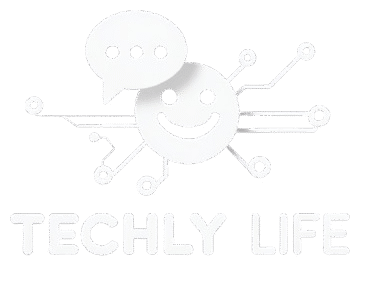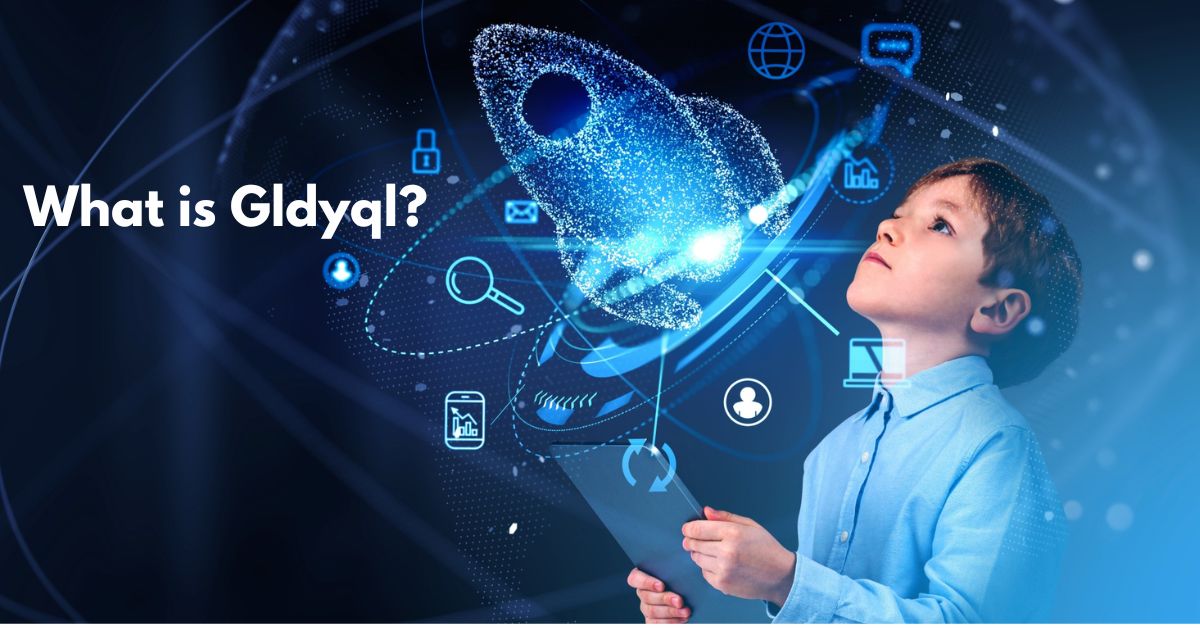In today’s digital-first world, words don’t always need meaning to have impact. Enter Gldyql, a seemingly random string of letters that’s catching attention in online searches and tech circles. But what exactly is it?
While this word doesn’t appear in any dictionary, its structure and style reflect a growing trend: the use of abstract terms for usernames, project placeholders, blockchain tokens, and creative brands. These identifiers don’t need meaning to matter, they just need uniqueness, flexibility, and digital relevance.
Let’s explore what Gldyql could represent and why these kinds of “nonsense names” are fast becoming the future of digital identity.
1. What Is Gldyql?
Gldyql is not a real word, but that’s precisely the point.
It represents a growing class of abstract identifiers that are free of predefined meaning. This gives them power in places where availability, uniqueness, and discoverability are more important than literal interpretation. Think of it as a digital wildcard open to interpretation, yet full of potential.
2. The Rise of Abstract Naming in the Digital World
We live in a time where every common word has already been claimed online. As a result, users, developers, and entrepreneurs are moving towards abstract, AI-generated, or random letter strings to name:
- GitHub handles
- Sandbox environments
- Prototype apps
- Tokens and crypto wallets
- Digital brands or portfolios
These names often start meaningless like Gldyql, but take on value through use, context, and branding.
3. Common Places You’ll See Words Like Gldyql
Usernames & Handles
When creating an account on popular platforms like GitHub, Discord, or Steam, most common names are already taken. Users then resort to randomized usernames or abstract aliases. Gldyql fits perfectly here, easy to remember, hard to replicate.
Software Prototypes & Dev Projects
Developers often use placeholder names when building MVPs (Minimum Viable Products) or internal tools. Examples like “Project Fuchsia” or “Code Aurora” paved the way for using nonsensical words to mask early-stage ideas. It could be a codename for:
- An unreleased app
- A test environment
- A private tool
Blockchain & Crypto Ecosystems
Blockchain platforms generate countless strings like Gldyql. From wallet IDs to testnet coins, these random-letter names are foundational to decentralized environments. Gldyql could easily be a:
- Token shorthand
- DAO identifier
- Smart contract project alias
4. Why Abstract Names Like Gldyql Work
In a world flooded with words, abstract names stand out.
Here’s why:
Uniqueness
Gldyql is unlikely to exist elsewhere. That gives creators an edge in branding, domains, and usernames.
SEO Advantage
Because there’s zero competition on search engines, any content targeting Gldyql has a high chance of ranking quickly.
Memorability
Odd combinations stick. Gldyql is unfamiliar, but the strangeness makes it easier to recall once you’ve seen it.
Creative Freedom
There’s no baggage or expectations. You define what Gldyql means through your content or brand story.
5. Case Study Inspiration: How Other Strange Names Became Big
Need proof that “weird” works? Consider these:
- Google – A misspelling of “googol,” now a global empire.
- Etsy – Founder picked it for being random and brandable.
- Skype – Derived from “Sky peer-to-peer.”
- Hulu – Chosen for phonetics, not meaning.
- Figma – Short, catchy, abstract—and now the go-to design tool.
All of these started out strange. Today, they dominate markets.
6. Gldyql in Practice: Use Cases for This Abstract Term
Wondering how you can put Gldyql to work? Here are real-world ideas:
- As a username or gamer tag that’s unique across platforms
- As a Web3 identity like an ENS (Ethereum Name Service) domain
- As a codename for your next software prototype
- As a creative brand for tech, design, or experimental media
- As a crypto token in a testnet or internal project
Its value isn’t in the letters, it’s in how you use them.
7. Risks or Limitations of Abstract Naming
While abstract names like Gldyql offer freedom, they also come with challenges:
- Recognition takes time—users must associate meaning over time.
- Pronunciation may be unclear, especially for non-tech audiences.
- Brand storytelling becomes essential to build connection.
That said, these risks can be turned into creative opportunities.
8. Final Thoughts: Why Gldyql Is the Perfect Blank Slate
In a digital world where attention is currency and identity is everything, Gldyql is your blank canvas.
Its strength lies in what it doesn’t mean, allowing you to define it, build around it, and shape its identity from scratch.
Whether you’re launching a side project, creating a personal brand, or diving into Web3, abstract names like Gldyql offer a strategic edge. They’re unclaimed, unforgettable, and undeniably yours.
Read More: Feedbuzzard Advertising
FAQs
Is Gldyql a real word?
No. it is not found in any dictionary. It’s an abstract identifier used for digital, branding, or creative purposes.
Can I use Gldyql as a domain name?
Most likely, yes. Because it’s unique, chances are good that the .com or other extensions are still available.
How do people come up with names like Gldyql?
They’re often generated using random string generators, AI tools, or through experimentation during account or project creation.
Is Gldyql good for SEO?
Absolutely. It’s unique, has no competition, and is highly discoverable if paired with valuable content.
What industries could use a term like Gldyql?
Tech, gaming, blockchain, design, and any creative sector looking for memorable and unclaimed digital branding.

Ember is an experienced content creator specializing in technology, travel, and heartfelt messages. Through TechlyLife.info, Ember delivers reliable, engaging, and meaningful content that connects with readers across all walks of life.

